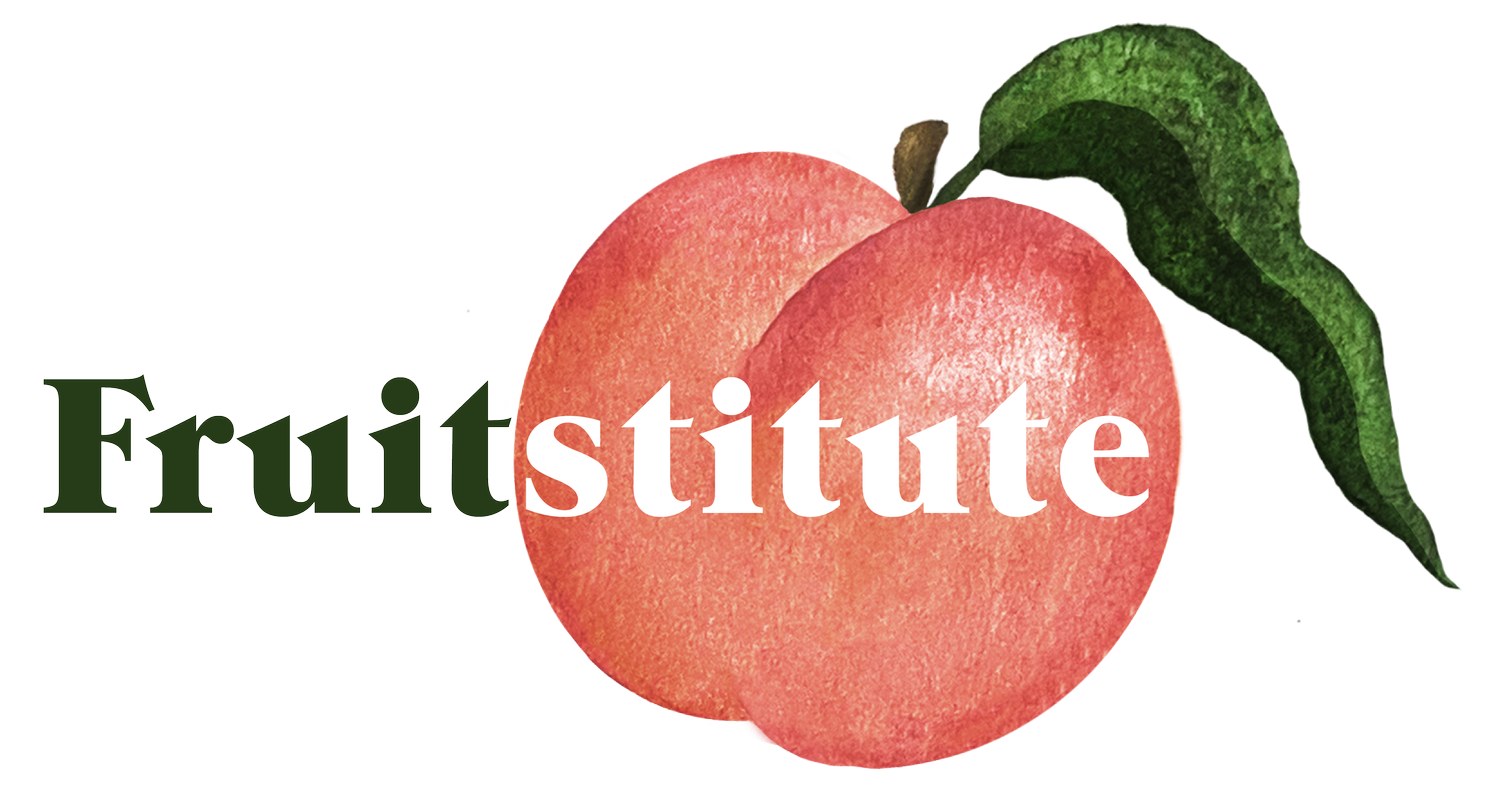A Brief: Summer Rain
It’s August 2023, the middle of summer here in Los Angeles, and we’re about to get some historic summer rains from Hurricane Hilary. If the spectacular growth and delicious midseason fruit on our trees from the historic winter rains is any indication, we’ll be in for a treat the next few weeks.
Rain water is full of plant available nitrogen in the form of nitrates which will provide our trees with some extra nutrition to grow brand new leaves and branches as the season progresses. City water–especially ours that has travelled from so far away and been disinfected through municipal water treatment plants–contains an amount of chlorine, chloramine, and fluoride that inhibits the growth and maintenance of a healthy soil microbiome. (It’s for this reason that we like to use water filters on our hoses!)
Rain water, free of any added treatments, encourages a healthy general tree microbiome, inoculating new bacteria from the atmosphere onto leaves and providing atmospheric nutrients and fresh water to soil microbes and fungi which trees need to make macronutrients like nitrogen, phosphorous, and potassium plant available! In short, it encourages tree growth through an increase in microbiology in the rhizosphere (the soil surrounding the roots) and the phyllosphere (the surface of leaves and branches)! One could say that it’s raining microbes!
Summer rain in Southern California is rare but not totally unprecedented, but there are some things to be aware of to prepare your trees thoroughly. Considering the LA County area is expected to only get around 1-2” of rain (as opposed to the 5-7” in the desert and more inland areas), we’re not necessarily battening down the hatches, but putting in a little effort to keep our trees totally tip top.
1) Harvest all your fruit! If there’s any ripe or close-to-ripe fruit on your trees, make sure to harvest as much as possible and to compost or dispose of any mummies or rotting fruit. An influx of moisture can cause fruit to swell and even split or burst, leaving it inedible (if the squirrels and birds don’t get to it first) and quite literally open to pests and disease, the both of which may eventually drop to the ground and overwinter until next year. Additionally, strong winds can knock fruit loosely clinging to the tree, damaging the fruit at which point it’ll be for the slugs and rolly pollies! Not to mention if the branch is weighted down by fruit, winds can cause unfortunate breakage or tears.
Not only will harvesting all the ripe fruit help prevent any spoilage or breakage, but it will also restore and divert energy to any unripe baby fruits that are on their way! This is especially relevant for some of our citrus friends and cocktail trees whose fruitlets are just starting to mature or even begin to flower!
2) Turn off your irrigation! And don’t forget to turn it back on! The incoming rains will do so much to feed the soil and replenish the water table beneath your trees! Leaving your irrigation on may 1) oversaturate the already wet soil, inhibiting oxygen causing root rot and yellowing leaves and 2) lead to runoff to the water table especially if the trees have just been fertilized! After a week or so, you should be able to turn your irrigation back on its regular schedule. Your best bet, of course, is to check the moisture by sticking your finger or a dry stick in the ground in a few different places. If it feels wet and if some little bits of soil are sticking, hold off! It’s always easier to add water later on than it is to subtract!
If you have any questions or concerns about whether you’re overwatering or underwatering or getting it just right, our next blog on Summer Heat & Water will provide some more tips! For now, just remember that not all trees have the same water requirements (citrus, figs, pomegranates, and mulberries need less; stone fruit, apples, and pears need more).
3) Watch for disease! Heat and humidity create the perfect habitat for fungal diseases to spread so watch out for anything that may be Peach Leaf Curl or Powdery Mildew in the coming weeks. Thankfully, in the long list of the diseases affecting fruit trees, both PLC and PM are the most common but very treatable with Bamboo Vinegar sprayed on religiously. The canopy should dry out shortly after the rains, so don’t fret too much! It’s just good to be aware just in case.
4) Collect as much rainwater as possible! Leave out some buckets and prepare your gutters and rain barrels. Your plants will appreciate a supercharged sip and a break from city water later on.
Your trees are gonna love it!



